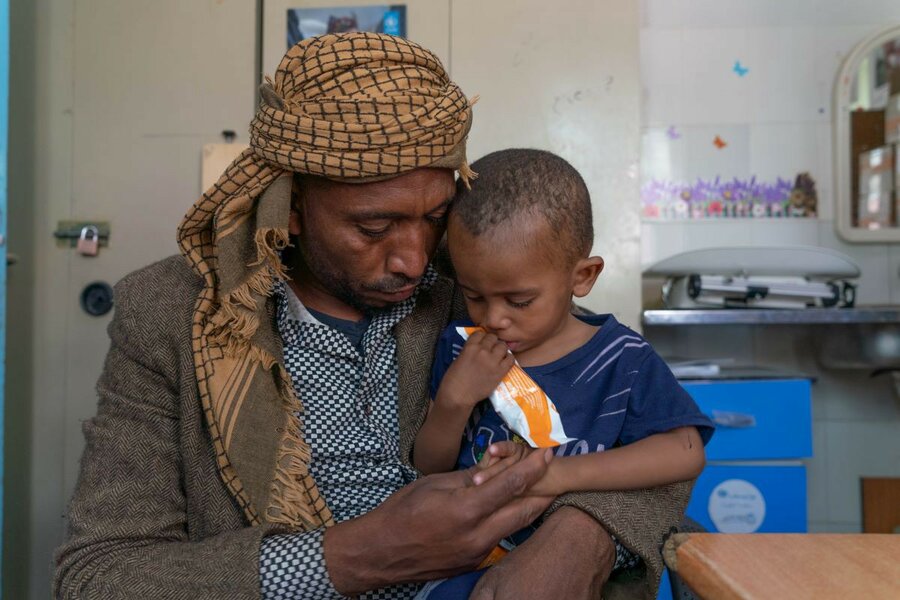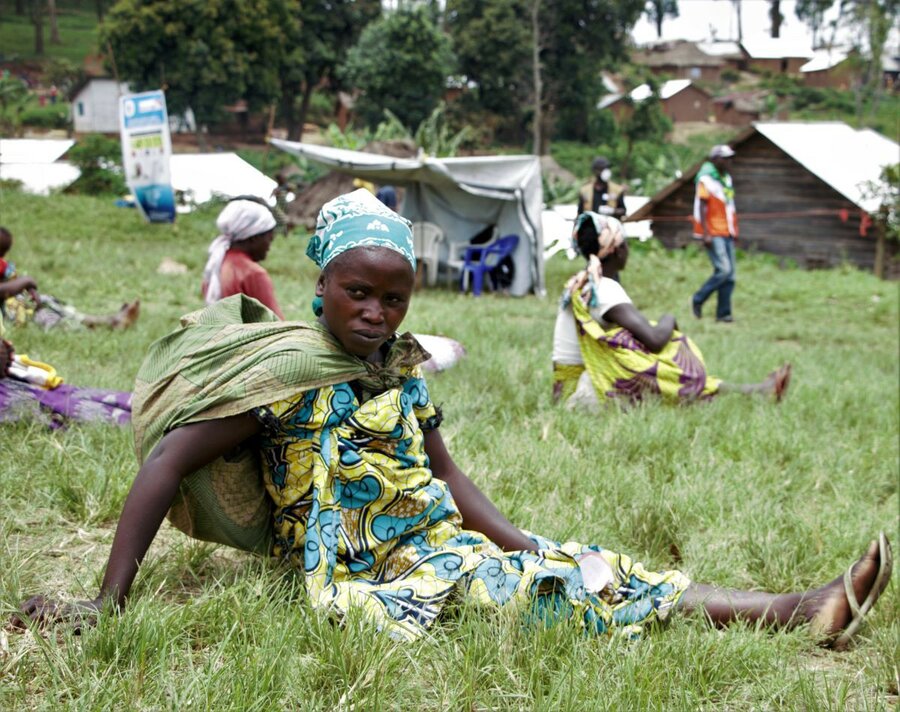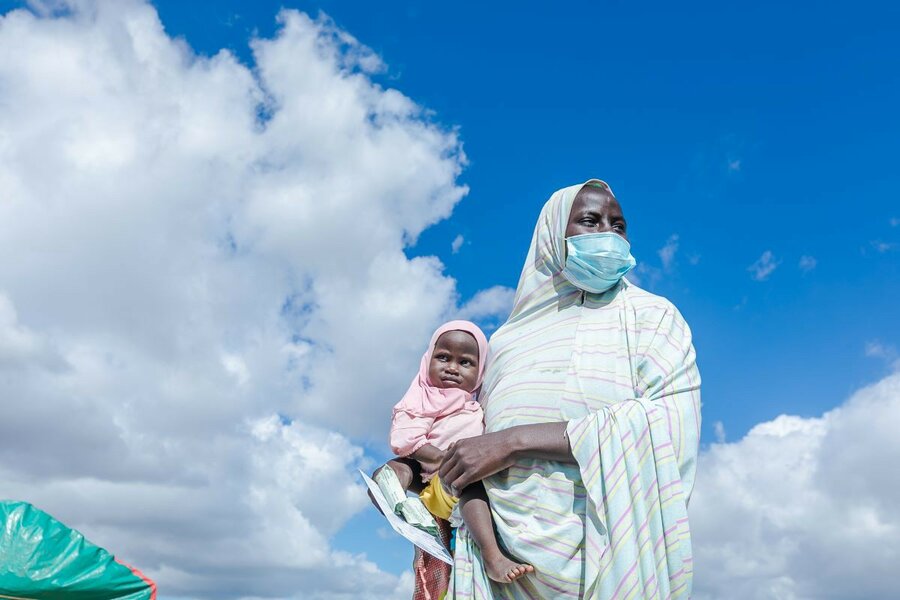World must step up — not back — to avoid coronavirus-induced hunger pandemic
Addressing the UN Security Council on 17 September, the World Food Programme (WFP)'s Executive Director, David Beasley, called on the international community to continue supporting actions to prevent the coronavirus pandemic from pushing millions into famine.

While acknowledging the ‘extraordinary' response of governments, donors and international financial institutions to the emergency caused by the virus and its socio-economic consequences, Beasley warned that "we are not out of the woods, yet."
"This fight is far, far, far from over — the 270 million people marching towards the brink of starvation need our help today more than ever," he said.
In 2020, WFP is aiming to provide lifesaving food assistance to 138 million hungry people around the world — 85 million of these have already been reached in the first six months of the year.
With the Security Council's session focusing on conflict-related hunger, the discussion zoomed in on the countries considered most at risk of sliding further into hunger: the Democratic Republic of Congo, Nigeria, South Sudan and Yemen.

In Beasley's words, Yemen remains the world's ‘worst human disaster'. War, a collapsed economy, currency devaluation, crippling food prices and the destruction of public infrastructure mean 20 million people are already in crisis, and a further 3 million may now face starvation due to the virus. Due to lack of funding, 8.5 million WFP beneficiaries in Yemen only receive assistance now every other month and the organization will be forced to cut rations for the remaining 4.5 million by December if funds do not increase.
"The alarm bells in Yemen are ringing loud and clear, and the world needs to open its eyes to the Yemeni people's desperate plight before famine takes hold," Beasley said.
In the Democratic Republic of the Congo, the upsurge in violence, coupled with COVID-19, has sent the number of people in crisis level of food insecurity sky-rocketing from 15.2 million people to nearly 22 million.
In Nigeria, COVID-19 is also forcing more people into food insecurity, with 80 percent of families experiencing reduced incomes as a result of measures imposed to contain the virus. In the northeast of the country, 4.3 million people are food insecure, up by 600,000 largely due to COVID-19.

In South Sudan, where even before the pandemic 6.5 million people were expected to face severe food insecurity at the height of the lean season, violence in Jonglei State has resulted in the displacement of tens of thousands of people, the abduction of civilians and widespread loss of livestock and livelihoods. In addition, virus outbreaks in urban areas such as Juba could put as many as another 1.6 million people at risk of starvation.
In addition to these countries, Beasley also shone a light on the situation in Burkina Faso, where the number of people facing crisis levels of hunger has tripled to 3.3 million, driven by an upsurge in violence — with the attending displacement, security and access problems — as well as the effects of COVID-19. "For 11,000 people living in Burkina Faso's northern provinces, famine is knocking on the door as we speak," he warned.
Conflict and hunger — Looking back, looking forward

Referencing the Council's historic decision to endorse Resolution 2417 — which highlighted the human cost of conflict paid in suffering and hunger — Beasley said: "We have made huge strides forward in spotting the early warning signs of famine, in understanding its causes and consequences. But, tragically, we have seen this story play out too many times before. The world stands by until it is too late, while hunger kills, stokes community tensions, fuels conflict and instability, and forces families from their homes."
To feed the 30 million people who rely completely on WFP's assistance to survive, the organization needs US$ 4.9 billion a year.
As Beasley put it, "We must act and we must act before the dam bursts."
"Without the resources we need, a wave of hunger and famine still threatens to sweep across the globe," he added.

The call for support was also extended to the world's over 2,000 billionaires, whose combined net worth is US$ 8 trillion.
"Humanity is facing the greatest crisis any of us have seen in our lifetimes. It's time for those who have the most to step up, to help those who have the least in this extraordinary time in world history," Beasley concluded.
